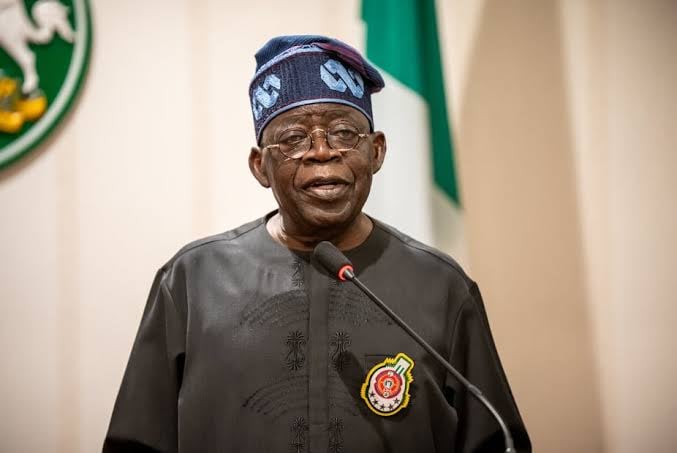Nigeria has taken a definitive step toward its clean energy future with the launch of a new Wind Energy Blueprint, formally endorsed by the National Council on Climate Change (NCCC) at the ongoing COP30 summit in Belem, Brazil.
The blueprint, developed by Oando Clean Energy Limited, is hailed by the government as a crucial tool for transforming the nation’s climate commitments into actionable projects.
READ ALSO: Nigeria to host trade summit as Customs links mandate to AfCFTA
Omotenioye Majekodunmi, Director-General of the NCCC, delivered the goodwill message at the launch event, emphasising that the move signals a global “shift from pledges to performance.”
She echoed Vice President Kashim Shettima’s call for a rapid transition from ambition to action.
The core significance of the new Wind Blueprint lies in its scientific findings, which conclusively dispel long-standing myths that Nigeria lacks the necessary wind potential for economically viable energy generation.
The assessment presents granular, state-by-state data confirming that Nigeria possesses scalable wind resources capable of powering both on-grid and off-grid systems.
This new data is expected to unlock major clean energy investments, particularly in regions previously excluded from energy projects.
The blueprint is a centrepiece of Nigeria’s national decarbonization strategy, which is anchored by a validated Third Nationally Determined Contribution (NDC) and a 32% emissions reduction target by 2035.
By providing detailed measurements, modelling, and feasibility data, the blueprint closes the critical gap between abstract policy frameworks and tangible, bankable energy projects.
The initiative aligns with the NCCC-validated Nigeria Just Transition Guideline, ensuring equitable clean energy deployment focused on underserved rural and hard-to-reach communities.
READ ALSO: Nigeria, Poland vow to accelerate trade, strategic investment partnership
The NCCC also signalled the Federal Government’s readiness to attract high-integrity climate finance, touting Nigeria’s robust climate policy architecture, strengthened carbon market framework, and political stability as key incentives for investors seeking sustainable opportunities.



